Why You Need Taurine
Two years ago, I wrote about an episode of food poisoning that Paula and I both had. It was gut wrenching, literally, but it may have been a good thing. How is that possible? Believe it or not, it might have been a training session for our microbiomes.
Scientists have been examining ways to reduce our dependence on antibiotics, and that includes studying the way the microbiome responds to bacterial infections. They have exposed rodents to specific bacterial pathogens and then studied how the animal’s gut responds. When they later expose the animals to the same or similar pathogenic bacteria, the response is significantly reduced. How?
The second exposure caused an increase in the probiotics that release hydrogen sulfide; this chemical interferes with the pathogenic bacteria’s ability to produce energy, thus reducing the negative effects of the invader. The microbiome “remembered” the invader and responded with the correct defense. They further explored how taurine supplementation would impact the response; because taurine contains a sulfonyl group, it supports the production of hydrogen sulfide. They found taurine was effective to increase production and reduce the impact of the pathogens.
Taurine is found only in animal sources; seafood leads the list. However, the body can make taurine from cysteine; that may help as long as a person, carnivore or vegan, gets all the amino acids. Taurine is also found in energy drinks and assorted sports products. We’re not at the point where a specific quantity of taurine can be recommended for suspected food poisoning, but it’s good to know that our microbiome may be trained against some food-poisoning pathogens.
What are you prepared to do today?
Dr. Chet
References: Call. 2021. DOI:https://doi.org/10.1016/j.cell.2020.12.011

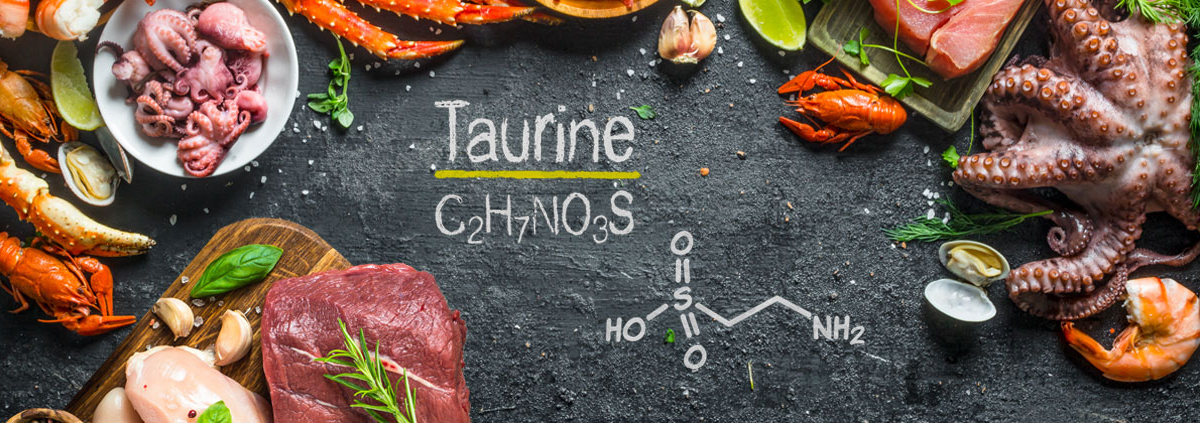

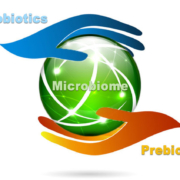
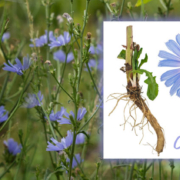
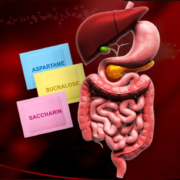
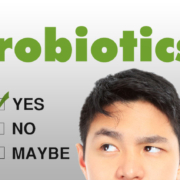
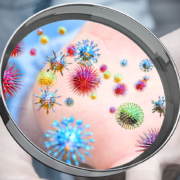 SkinMicrobiome
SkinMicrobiome
